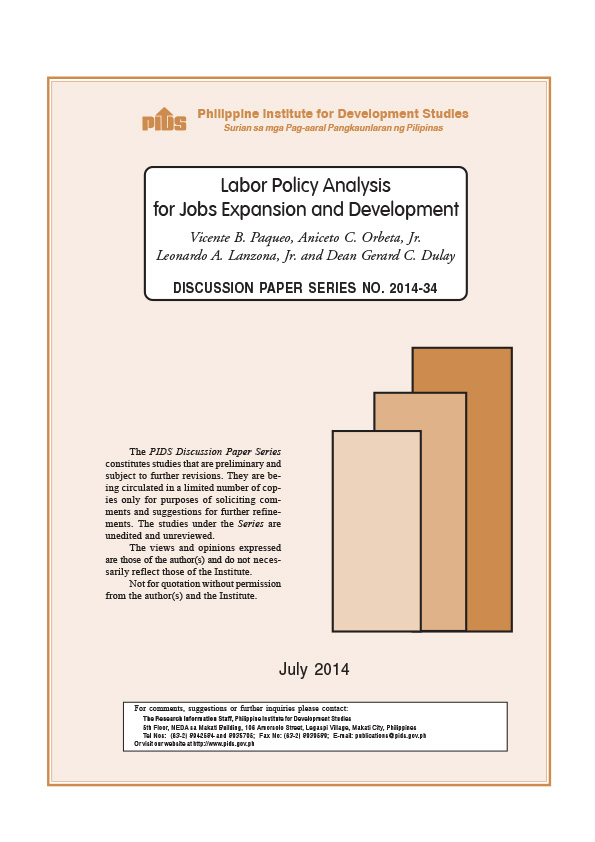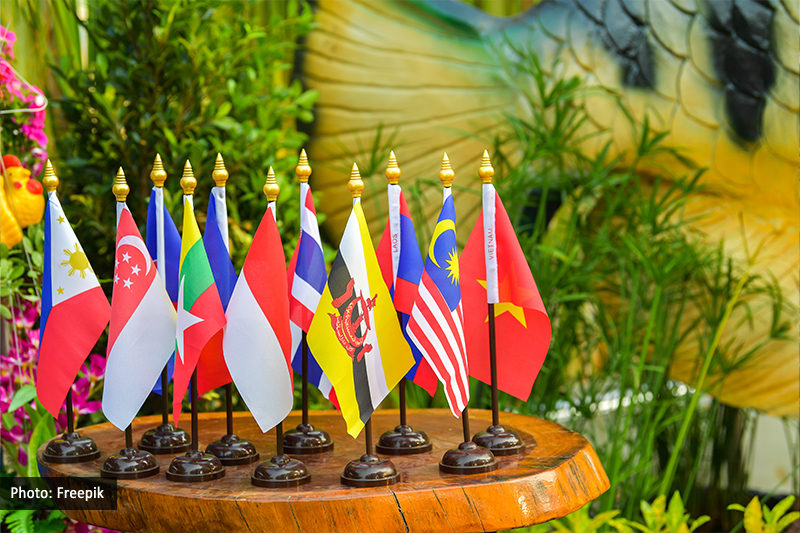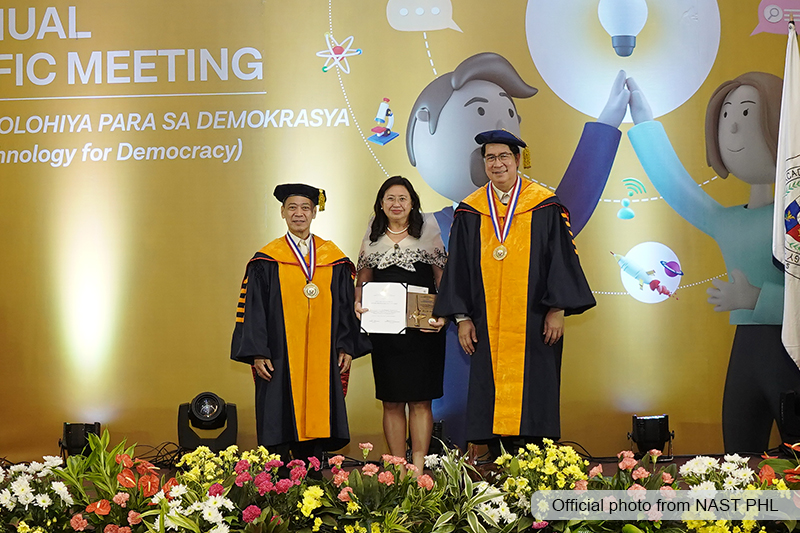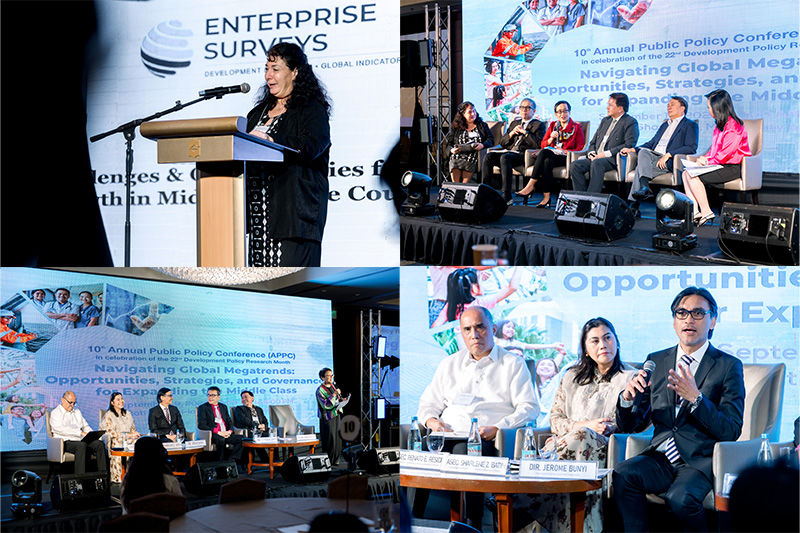GENERIKA Drugstore, the country’s third-largest player and half-owned by Ayala Corp., eyes aggressive expansion in the country’s far-flung areas and, possibly, in the Southeast Asian region, as its executives see the public’s general acceptance of generic drugs.
Teodoro Ferrer, president of Generika, said the company plans to add 152 stores in its current network of more than 600 this year, and an average of 100 stores annually over the next few years.
“We need to grow further to more than 1,000 stores in less than five years,” Ferrer said in an interview at the sidelines of the Asia SME Summit 2016, organized by the Asia CEO Forum. “We also need to focus the product line to include food supplements and also focus on health care and wellness, and not just on medicines.”
Ferrer said such endeavor could be considered already aggressive for a company the size of Generika, founded 12 years ago. He added the company’s tack should not be compared with opening a branch for a convenience store that sell mostly food and grocery items.
“You need to have approvals from the local government, from the FDA [Food and Drug Administration]; hire a licensed pharmacist; and then look for the right franchise owner that will take care of your store.”
Ferrer said the company will put branches in far-flung areas of the country where he believes its services are needed. But we’re not necessarily leaving the urban centers where we also have a huge customer base, he added.
Last year the Ayala group, through its Ayala Healthcare Holdings Inc., acquired 50 percent of Generika after it bought the share of Frenchman Julien Bello, the drug retailer’s cofounder.
Mabuhay Capital served as financial advisor to the group of Bello in its transaction with Ayala Healthcare.
Ayala allowed Ferrer, who still owns half of the company, to continue serving as Generika’s president and CEO.
Ferrer himself worked with the Ayala group for 30 years. He served at the group’s property firm Mermac Inc., which, in turn, owns about half of the country’s oldest conglomerate.
Ferrer said after Ayala group came into the company, they found “there are still many ‘house-fixing’” to do in Generika for it to become at par with the good governance standards of the conglomerate. He added that he and Bello had some disagreements, which came to point of stalemate in the decision of where the company should go.
“But despite the stalemate, we were still able to grow the company,” Ferrer said.
However, he admitted the five-year plan they crafted with Ayala group executives has set “high targets” for the company, as it now competes with Mercury Drug, the country’s top pharmaceutical firm, and The Generics Pharmacy, the Philippines largest generic-drug retailer.
At the moment, about 42 percent of the total branches of Generika are company-owned, since previously it didn’t have the capital to own stores, which cost about P1.2 million to P1.5 million to build. The rest of the stores are operated through franchise owners.
“Now that our profit is increasing and Ayala group has come in, we can now expand company-owned stores.”
Ferrer said he wants to increase the ratio to 50 percent in order for them to have a control in the drugstore network.
Generics medicines, he added, will continue to have a share in the country’s pharmaceutical market that even a big drugstore, such as Mercury Drug, known to sell branded medicines, has changed its business model and are now also selling generic drugs.
“Some 12 years ago, no one buys generic drugs. But through our constant education, we were able to convince the public that it is safe to take generic medicines,” he said.
“Medicines are protected by patents and, normally, these patents expire in 20 years,” Ferrer said. “Then the trend toward [the intake of] generic medicines in the Philippines, and globally, is inevitable. It will just get more and more market share because the moment the patents expire, that’s when anybody can come up with their generic equivalent.”
Generic drugs are about 85 percent to 90 percent cheaper than the branded ones, he said.
The company is also in talks with other firms for Generika to supply their medicine requirements, as part of its effort to convince the public to switch to generic drugs. These include Ayala-controlled companies, such as Manila Water Inc. and Integrated Microelectronics Inc. Likewise, Ferrer said they are also eyeing the local unit of Lufthansa.
Ferrer added that the company has no plans yet to go public since the capital that Ayala infused is enough for the company to expand in the local market.
What is more feasible, Ferrer said, is to expand to other countries in Southeast Asia as part of the Asean economic integration. That plan, however, is not a priority right now since we have much to do at the home soil, according to
Ferrer. But the idea is not far-fetched since other Ayala-led firms are expanding in the region, he added.
“If you open in another country, it makes a lot of sense to find a local partner. It becomes feasible all of a sudden.” Ferrer said. “Right now, Ayala has projects in other countries, so that may open doors [for us]. Maybe their local partner in real estate or in water may also turn out to be a good partner for something like a generic drugstore chain in that country.”
Generika is part of the health-care venture of Ayala, which is also in the process of putting up retail clinics to cater to middle class health-care consumers in major cities across the country.
Paolo Borromeo, head of the conglomerate’s Corporate Strategy and Development Group, said the move is still on its early stages and experimental, but it is looking at opening 100 stand-alone clinics under the brand FamilyDoc during the next three years across the country.
Last December the company opened two pilot clinics—one in Las Piñas and the other in Imus in Cavite. The said clinics are for profit and will not be part of the company’s corporate social responsibility.
“We are at a very early stage but the idea is…. We took models from the US, India and Indonesia, where you have small format primary-care clinics that [is] a pharmacy, a convenience store and a diagnostics [center] all in one,” Borromeo said. He added Generika’s would also have a blood laboratory.
At any given time, he said, the clinic will be staffed by at least five medical professionals: one doctor, two nurses, one pharmacist and one lab technicians.
“All of these professionals will be employed by the company,” he said.
Ferrer’s view of the generics drugs sector goes against a survey by the Philippine Institute of Development Studies (PIDS) that said the use—and even awareness of generic medicines in the country—was still low despite the passage of Republic Act 6675, also known as the Generics Act of 1988, and campaigns done by the Department of Health.
The authors of the study surveyed over a thousand respondents and only 7.2 percent knew the correct definition of generic drugs.
Around 71 percent were “partially knowledgeable” or able to mention that either generic drugs were of the same quality as that of branded drugs or generic drugs were cheaper than branded drugs.
The results also showed that 21.52 percent were not knowledgeable at all, and gave incorrect definitions of generic drugs.
The authors also said that, across six geographic zones, respondents who correctly identified three or four generic drugs were in the National Capital Region, while the lowest was in the Autonomous Region in Muslim Mindanao.
The study, titled “How effective has the Generics Act Been?” was authored by PIDS consultants and researchers led by John Q. Wong of the Ateneo de Manila University.//
(With report from Cai U. Ordinario)
Teodoro Ferrer, president of Generika, said the company plans to add 152 stores in its current network of more than 600 this year, and an average of 100 stores annually over the next few years.
“We need to grow further to more than 1,000 stores in less than five years,” Ferrer said in an interview at the sidelines of the Asia SME Summit 2016, organized by the Asia CEO Forum. “We also need to focus the product line to include food supplements and also focus on health care and wellness, and not just on medicines.”
Ferrer said such endeavor could be considered already aggressive for a company the size of Generika, founded 12 years ago. He added the company’s tack should not be compared with opening a branch for a convenience store that sell mostly food and grocery items.
“You need to have approvals from the local government, from the FDA [Food and Drug Administration]; hire a licensed pharmacist; and then look for the right franchise owner that will take care of your store.”
Ferrer said the company will put branches in far-flung areas of the country where he believes its services are needed. But we’re not necessarily leaving the urban centers where we also have a huge customer base, he added.
Last year the Ayala group, through its Ayala Healthcare Holdings Inc., acquired 50 percent of Generika after it bought the share of Frenchman Julien Bello, the drug retailer’s cofounder.
Mabuhay Capital served as financial advisor to the group of Bello in its transaction with Ayala Healthcare.
Ayala allowed Ferrer, who still owns half of the company, to continue serving as Generika’s president and CEO.
Ferrer himself worked with the Ayala group for 30 years. He served at the group’s property firm Mermac Inc., which, in turn, owns about half of the country’s oldest conglomerate.
Ferrer said after Ayala group came into the company, they found “there are still many ‘house-fixing’” to do in Generika for it to become at par with the good governance standards of the conglomerate. He added that he and Bello had some disagreements, which came to point of stalemate in the decision of where the company should go.
“But despite the stalemate, we were still able to grow the company,” Ferrer said.
However, he admitted the five-year plan they crafted with Ayala group executives has set “high targets” for the company, as it now competes with Mercury Drug, the country’s top pharmaceutical firm, and The Generics Pharmacy, the Philippines largest generic-drug retailer.
At the moment, about 42 percent of the total branches of Generika are company-owned, since previously it didn’t have the capital to own stores, which cost about P1.2 million to P1.5 million to build. The rest of the stores are operated through franchise owners.
“Now that our profit is increasing and Ayala group has come in, we can now expand company-owned stores.”
Ferrer said he wants to increase the ratio to 50 percent in order for them to have a control in the drugstore network.
Generics medicines, he added, will continue to have a share in the country’s pharmaceutical market that even a big drugstore, such as Mercury Drug, known to sell branded medicines, has changed its business model and are now also selling generic drugs.
“Some 12 years ago, no one buys generic drugs. But through our constant education, we were able to convince the public that it is safe to take generic medicines,” he said.
“Medicines are protected by patents and, normally, these patents expire in 20 years,” Ferrer said. “Then the trend toward [the intake of] generic medicines in the Philippines, and globally, is inevitable. It will just get more and more market share because the moment the patents expire, that’s when anybody can come up with their generic equivalent.”
Generic drugs are about 85 percent to 90 percent cheaper than the branded ones, he said.
The company is also in talks with other firms for Generika to supply their medicine requirements, as part of its effort to convince the public to switch to generic drugs. These include Ayala-controlled companies, such as Manila Water Inc. and Integrated Microelectronics Inc. Likewise, Ferrer said they are also eyeing the local unit of Lufthansa.
Ferrer added that the company has no plans yet to go public since the capital that Ayala infused is enough for the company to expand in the local market.
What is more feasible, Ferrer said, is to expand to other countries in Southeast Asia as part of the Asean economic integration. That plan, however, is not a priority right now since we have much to do at the home soil, according to
Ferrer. But the idea is not far-fetched since other Ayala-led firms are expanding in the region, he added.
“If you open in another country, it makes a lot of sense to find a local partner. It becomes feasible all of a sudden.” Ferrer said. “Right now, Ayala has projects in other countries, so that may open doors [for us]. Maybe their local partner in real estate or in water may also turn out to be a good partner for something like a generic drugstore chain in that country.”
Generika is part of the health-care venture of Ayala, which is also in the process of putting up retail clinics to cater to middle class health-care consumers in major cities across the country.
Paolo Borromeo, head of the conglomerate’s Corporate Strategy and Development Group, said the move is still on its early stages and experimental, but it is looking at opening 100 stand-alone clinics under the brand FamilyDoc during the next three years across the country.
Last December the company opened two pilot clinics—one in Las Piñas and the other in Imus in Cavite. The said clinics are for profit and will not be part of the company’s corporate social responsibility.
“We are at a very early stage but the idea is…. We took models from the US, India and Indonesia, where you have small format primary-care clinics that [is] a pharmacy, a convenience store and a diagnostics [center] all in one,” Borromeo said. He added Generika’s would also have a blood laboratory.
At any given time, he said, the clinic will be staffed by at least five medical professionals: one doctor, two nurses, one pharmacist and one lab technicians.
“All of these professionals will be employed by the company,” he said.
Ferrer’s view of the generics drugs sector goes against a survey by the Philippine Institute of Development Studies (PIDS) that said the use—and even awareness of generic medicines in the country—was still low despite the passage of Republic Act 6675, also known as the Generics Act of 1988, and campaigns done by the Department of Health.
The authors of the study surveyed over a thousand respondents and only 7.2 percent knew the correct definition of generic drugs.
Around 71 percent were “partially knowledgeable” or able to mention that either generic drugs were of the same quality as that of branded drugs or generic drugs were cheaper than branded drugs.
The results also showed that 21.52 percent were not knowledgeable at all, and gave incorrect definitions of generic drugs.
The authors also said that, across six geographic zones, respondents who correctly identified three or four generic drugs were in the National Capital Region, while the lowest was in the Autonomous Region in Muslim Mindanao.
The study, titled “How effective has the Generics Act Been?” was authored by PIDS consultants and researchers led by John Q. Wong of the Ateneo de Manila University.//
(With report from Cai U. Ordinario)






